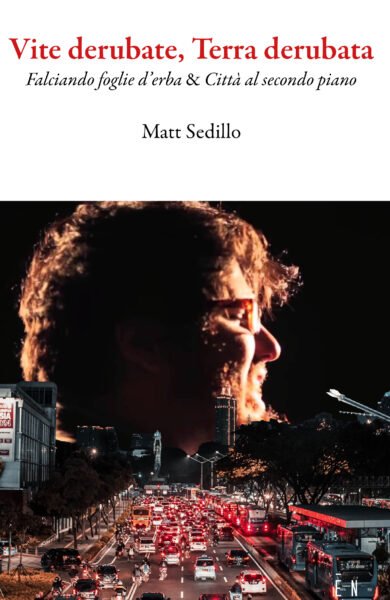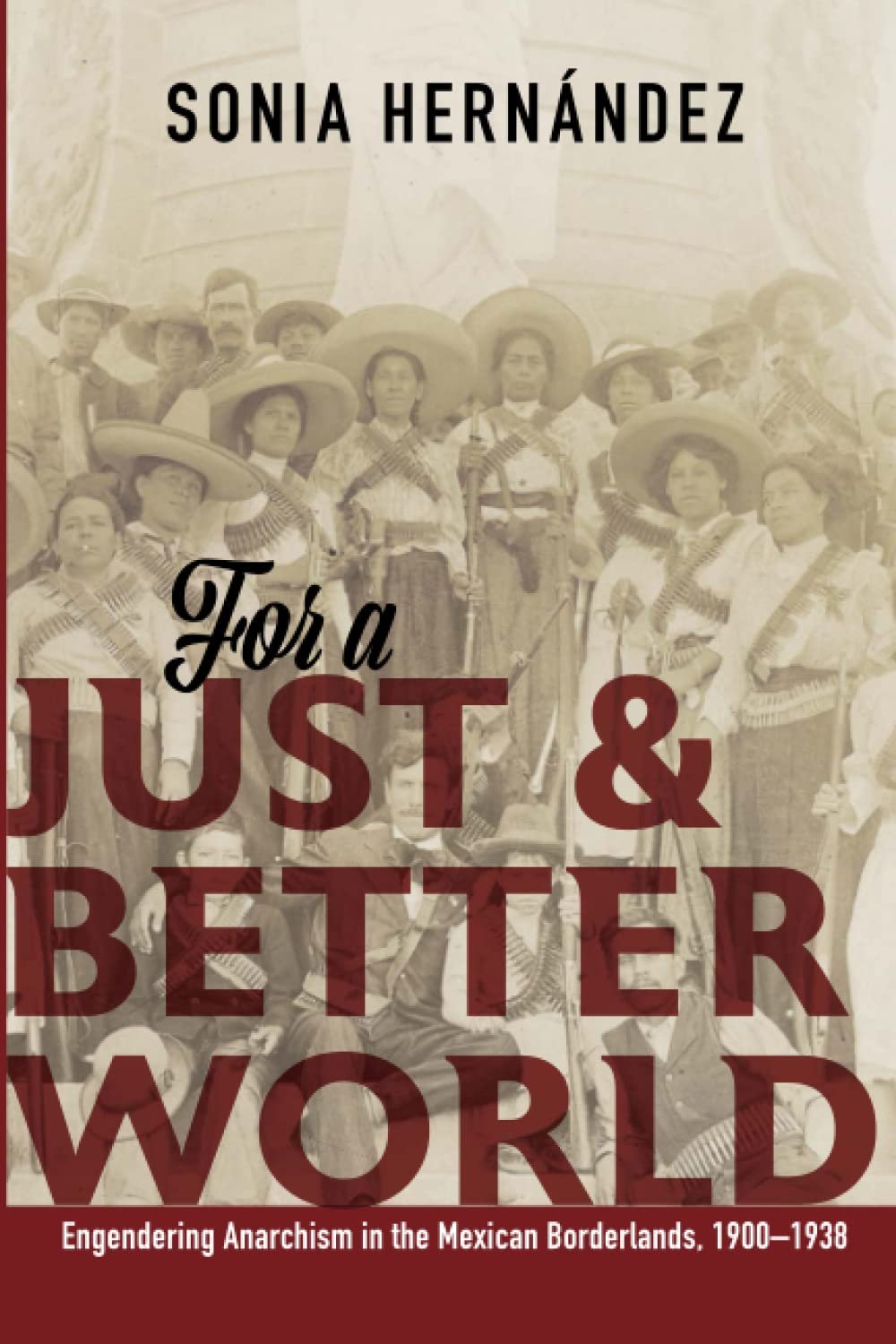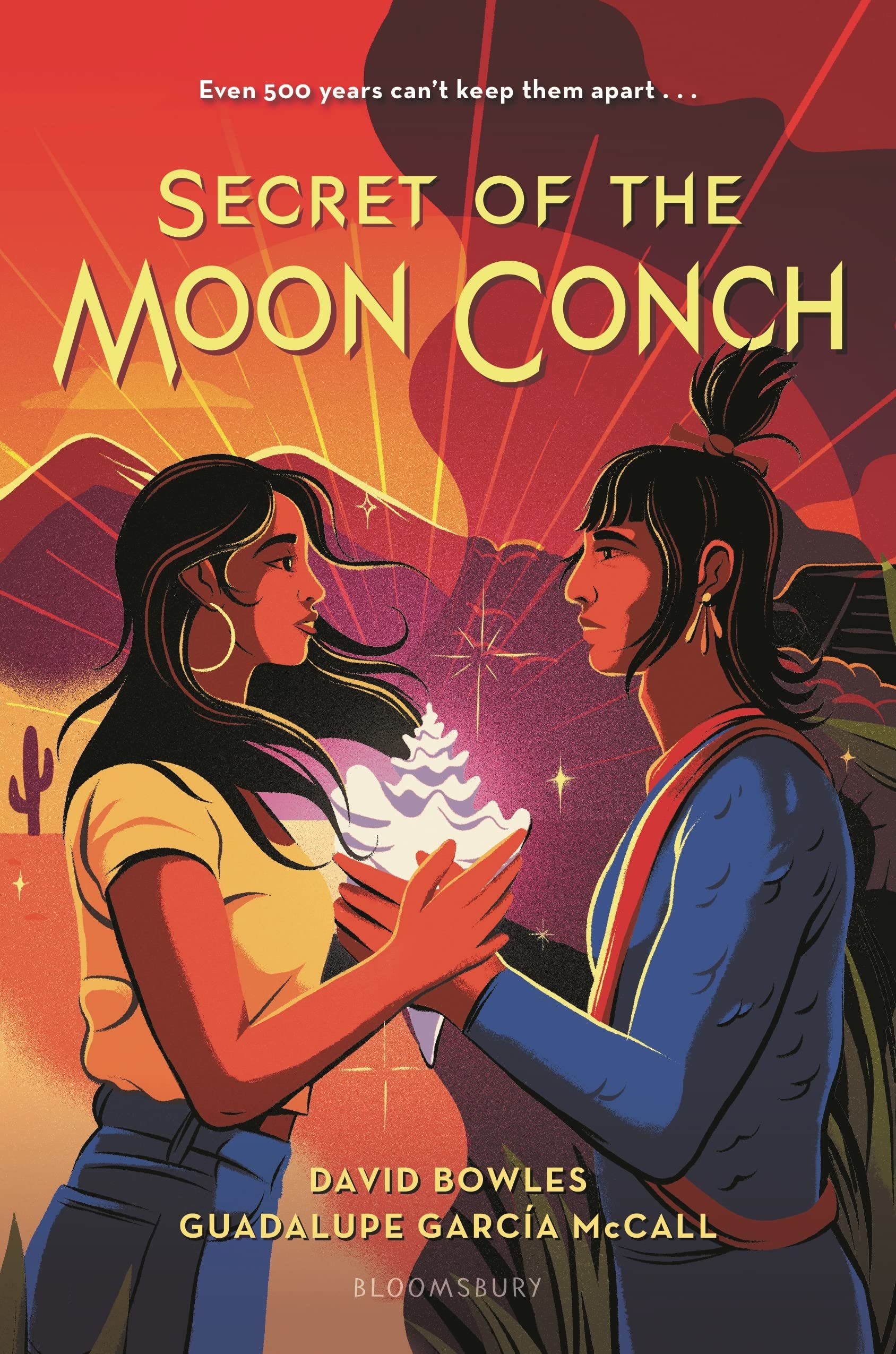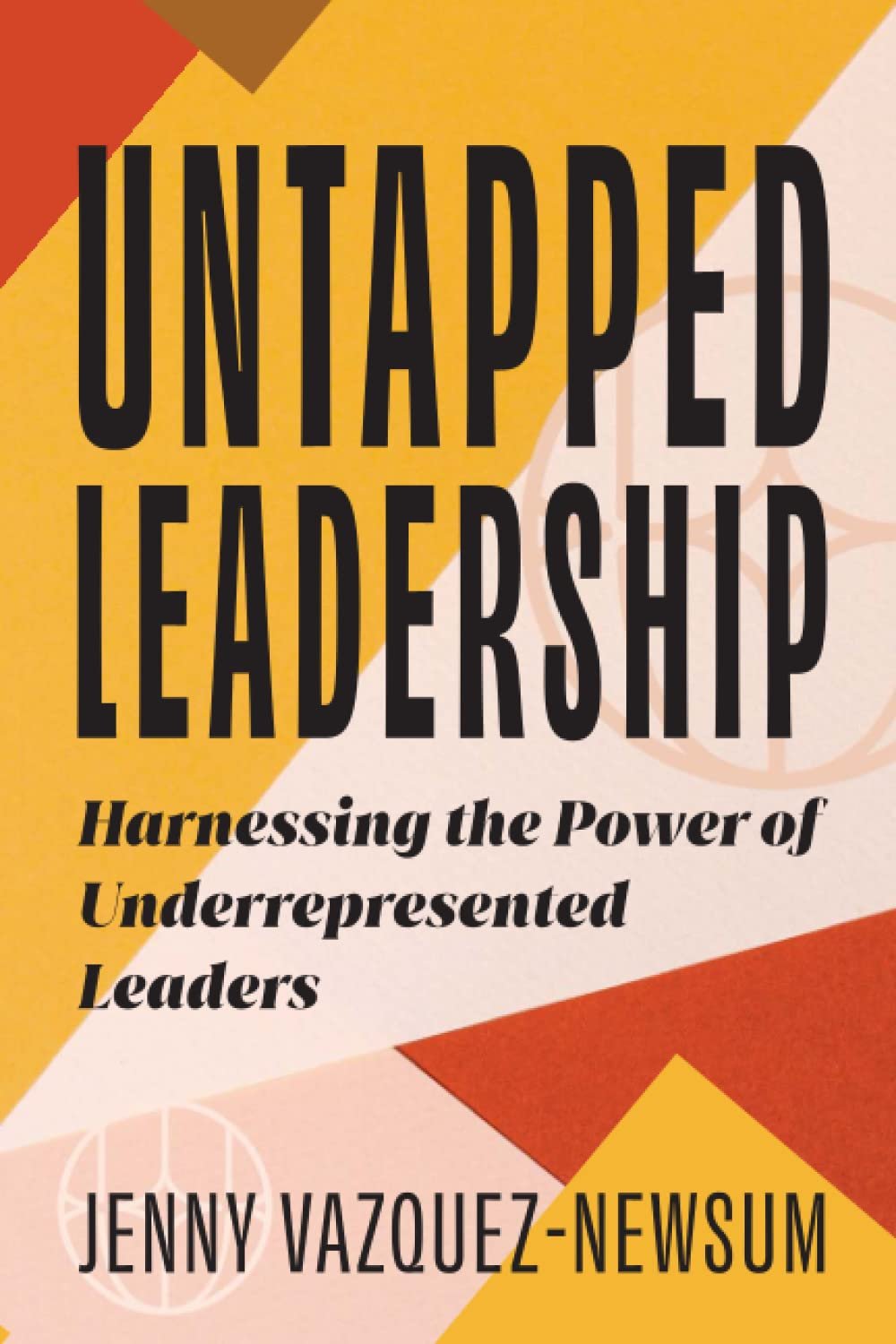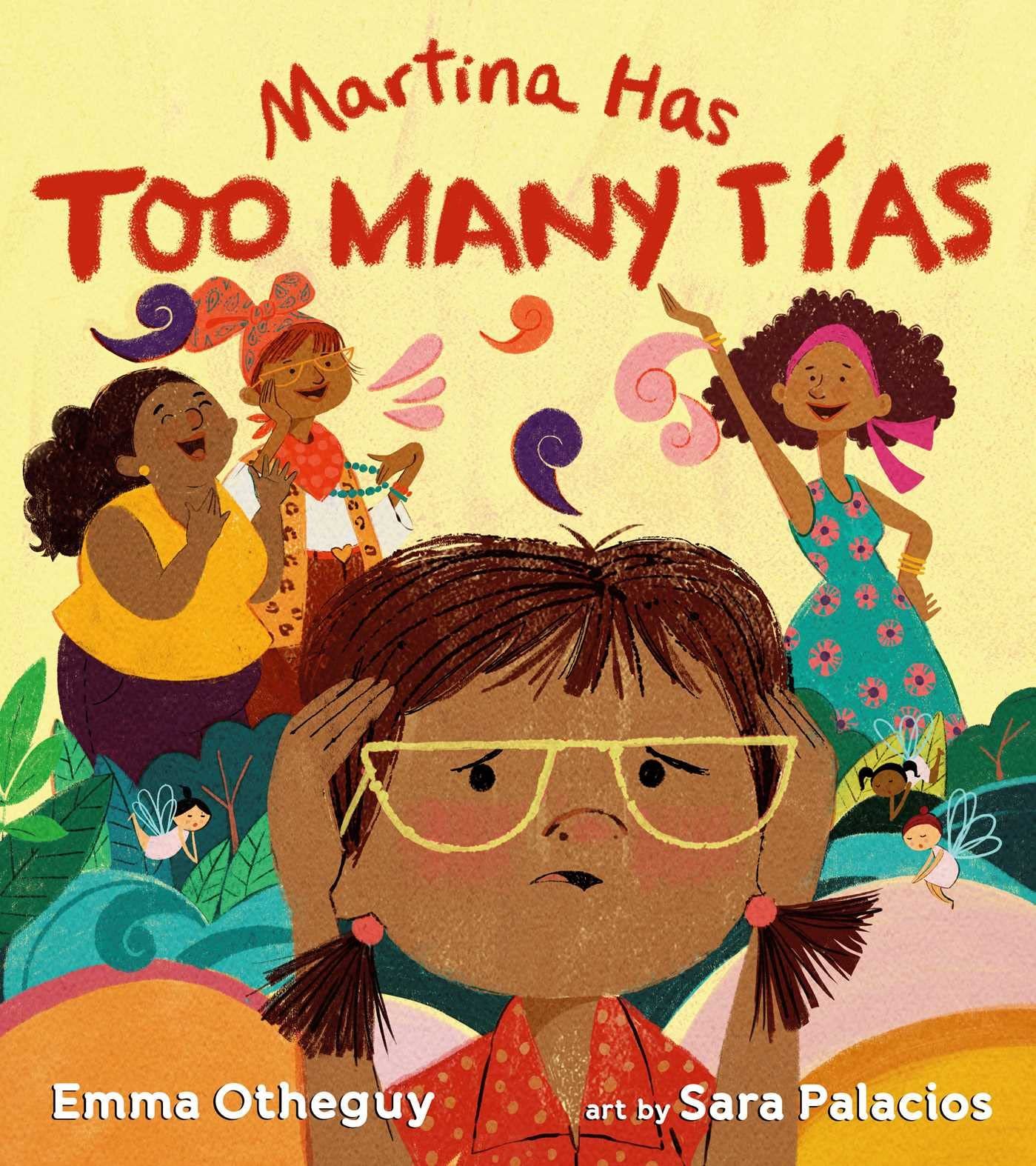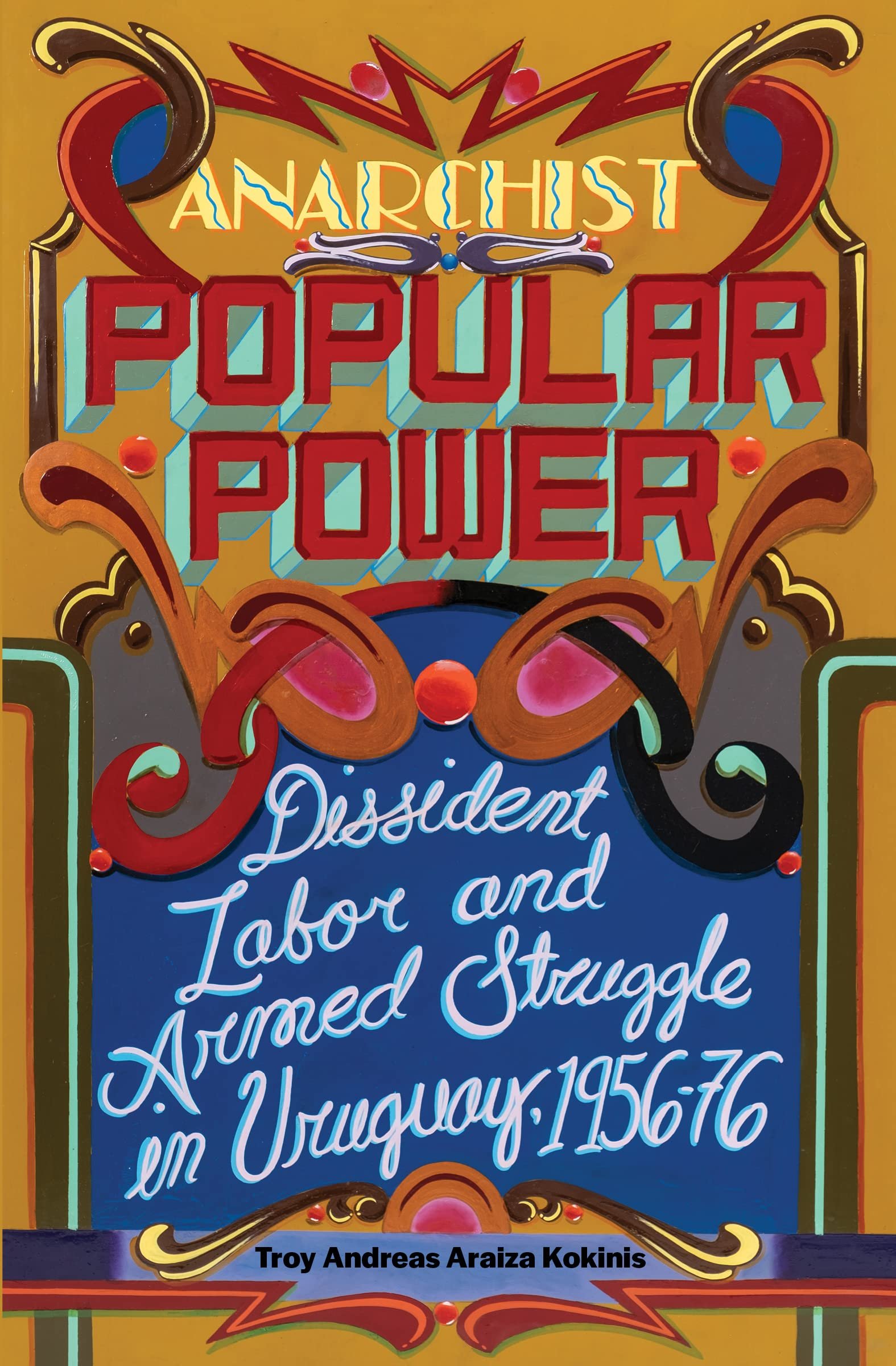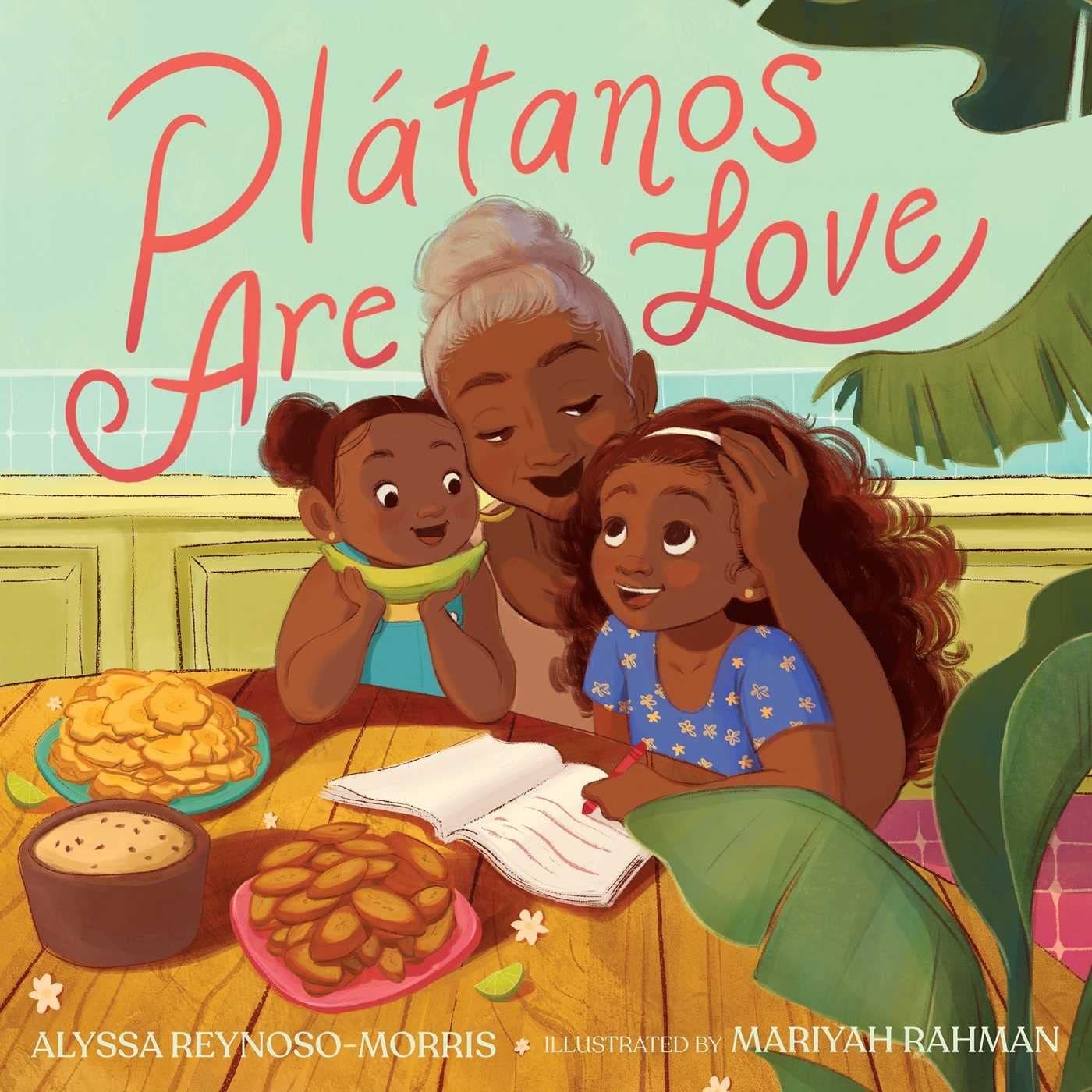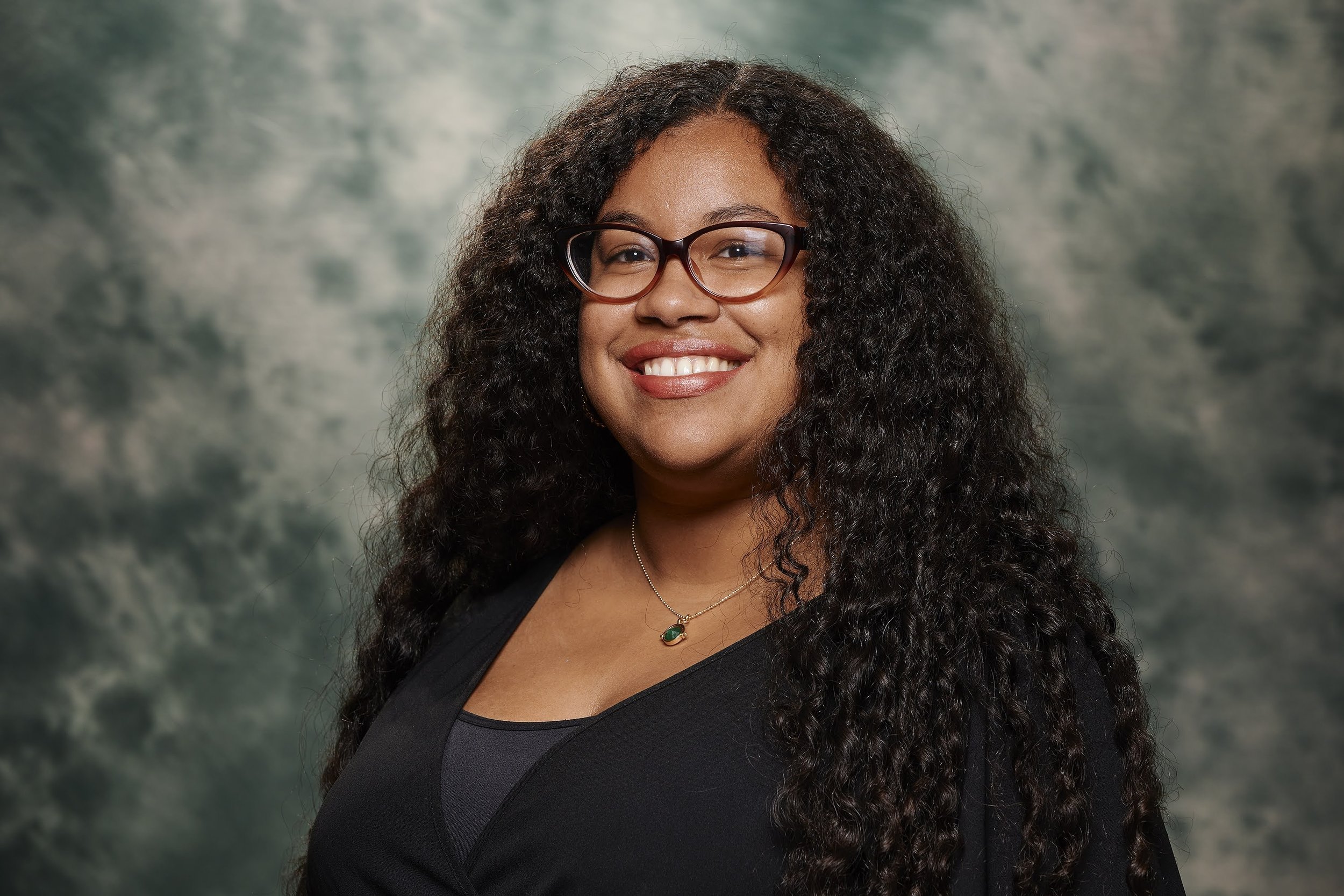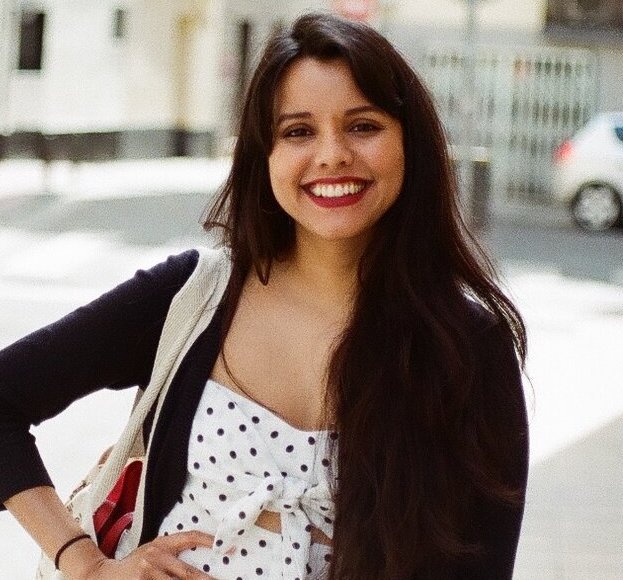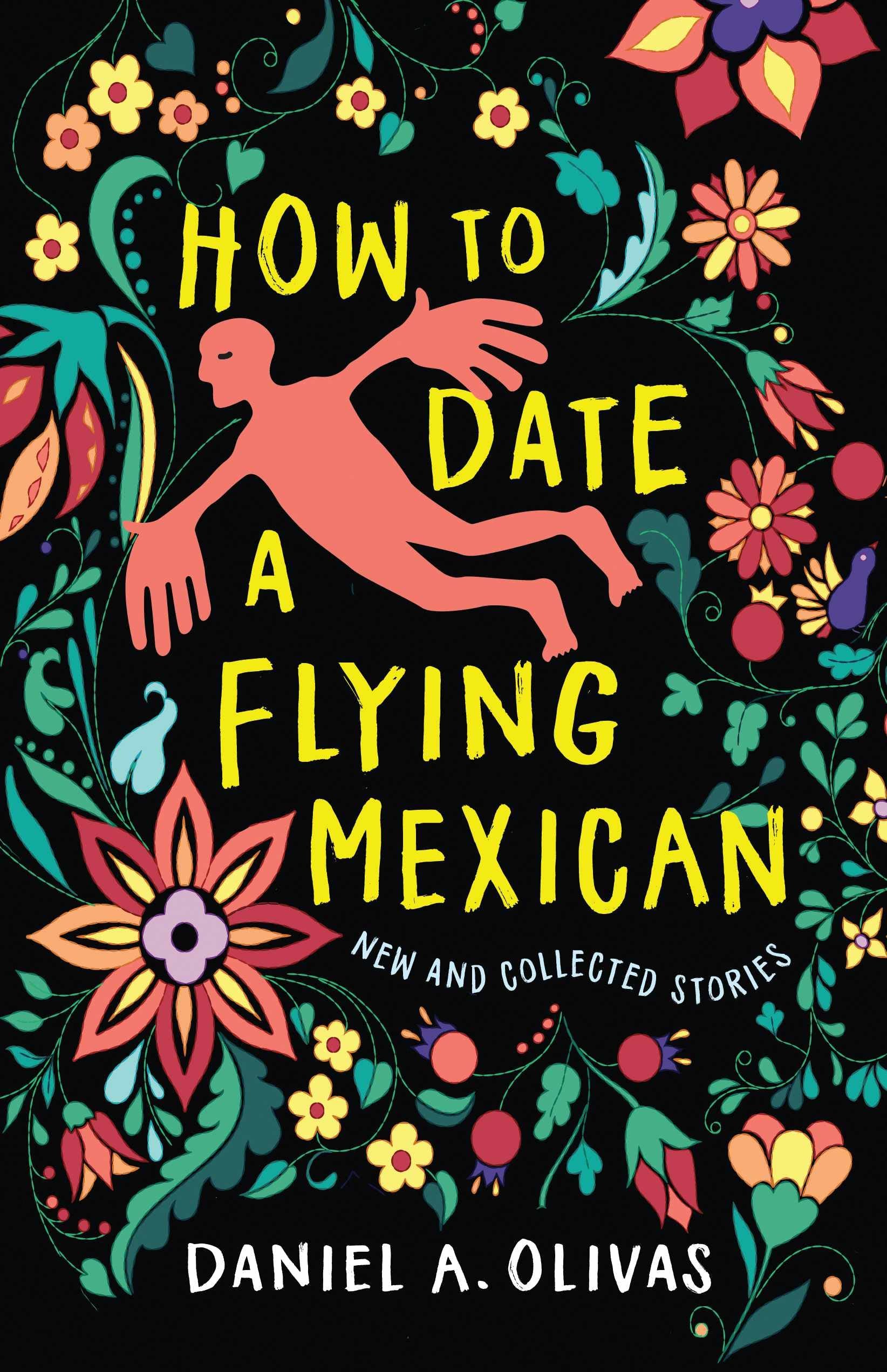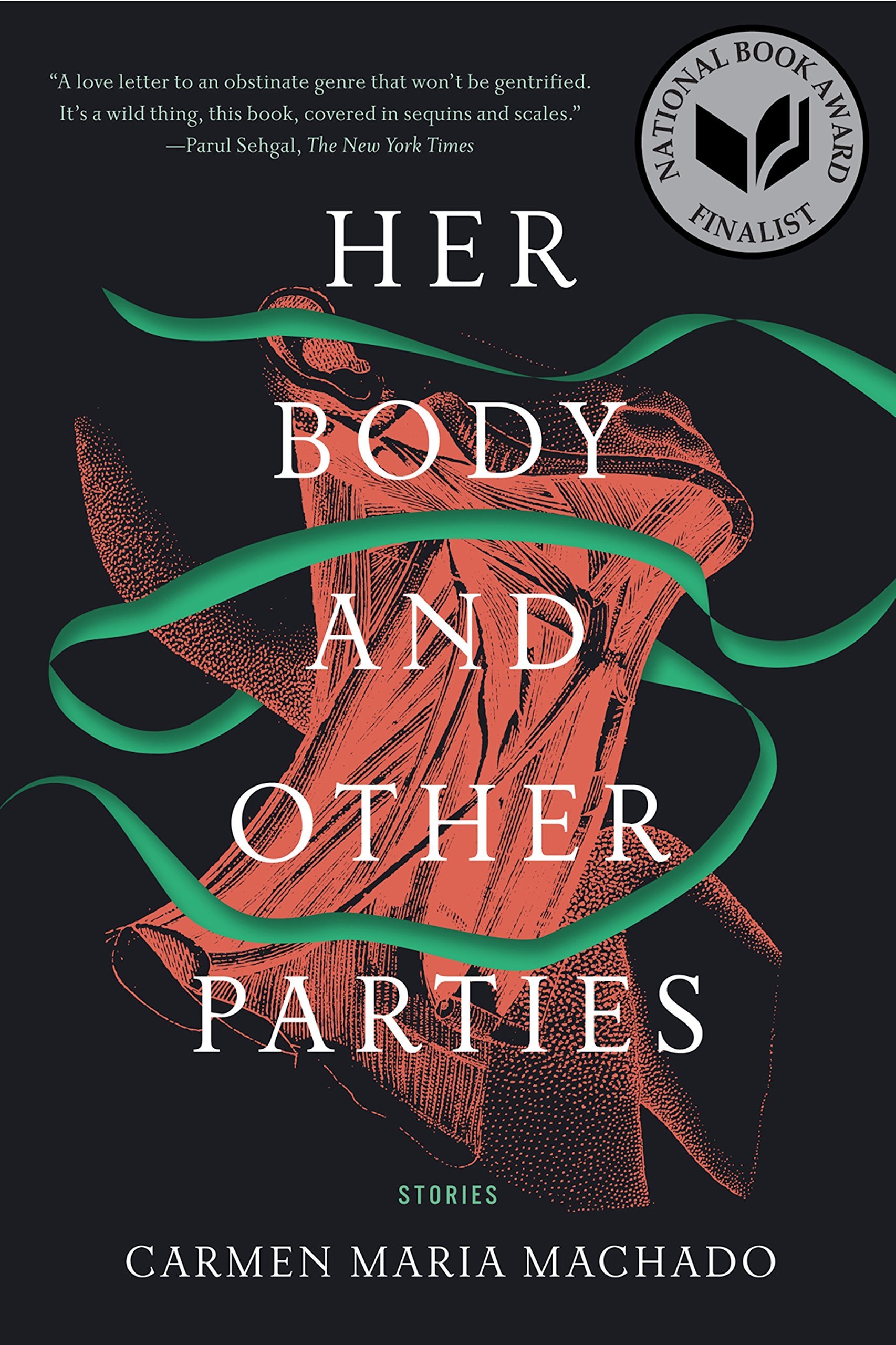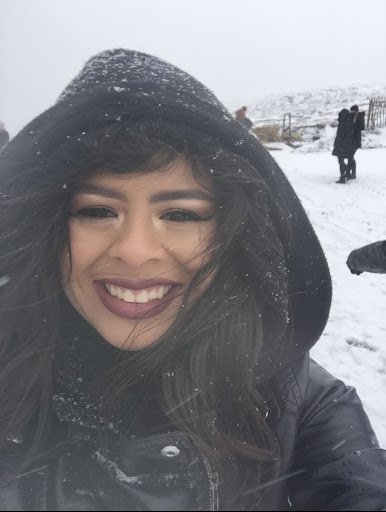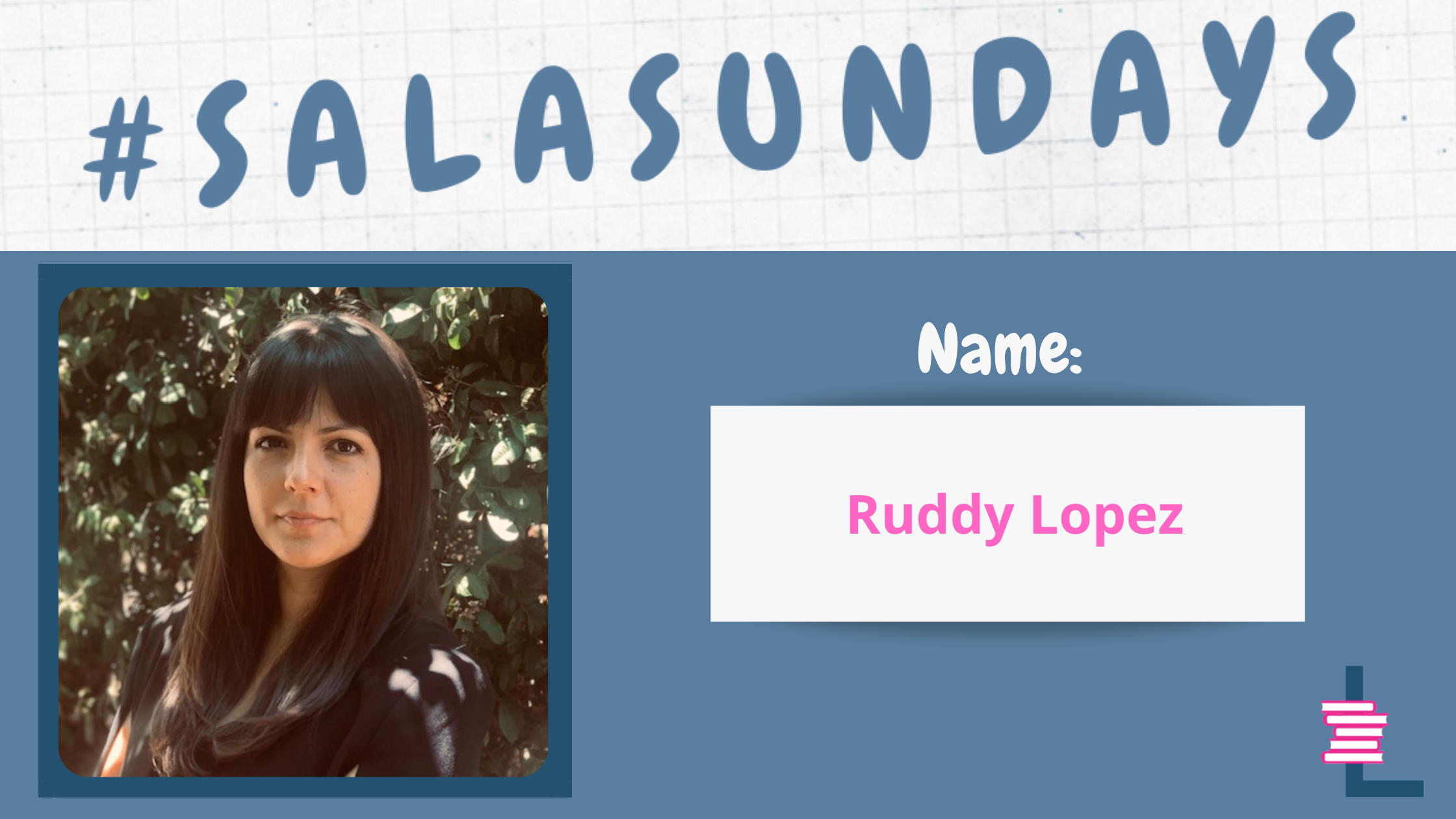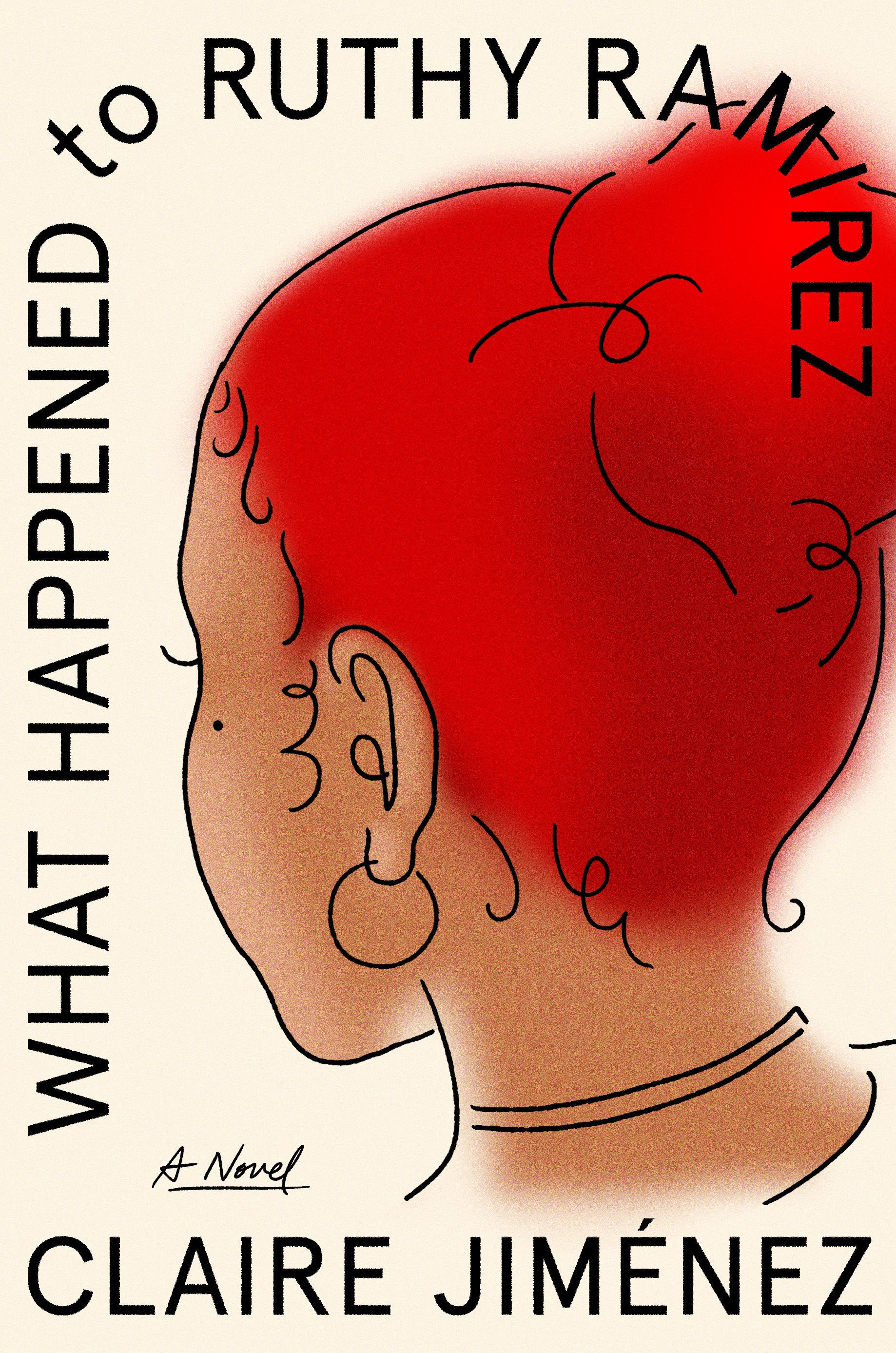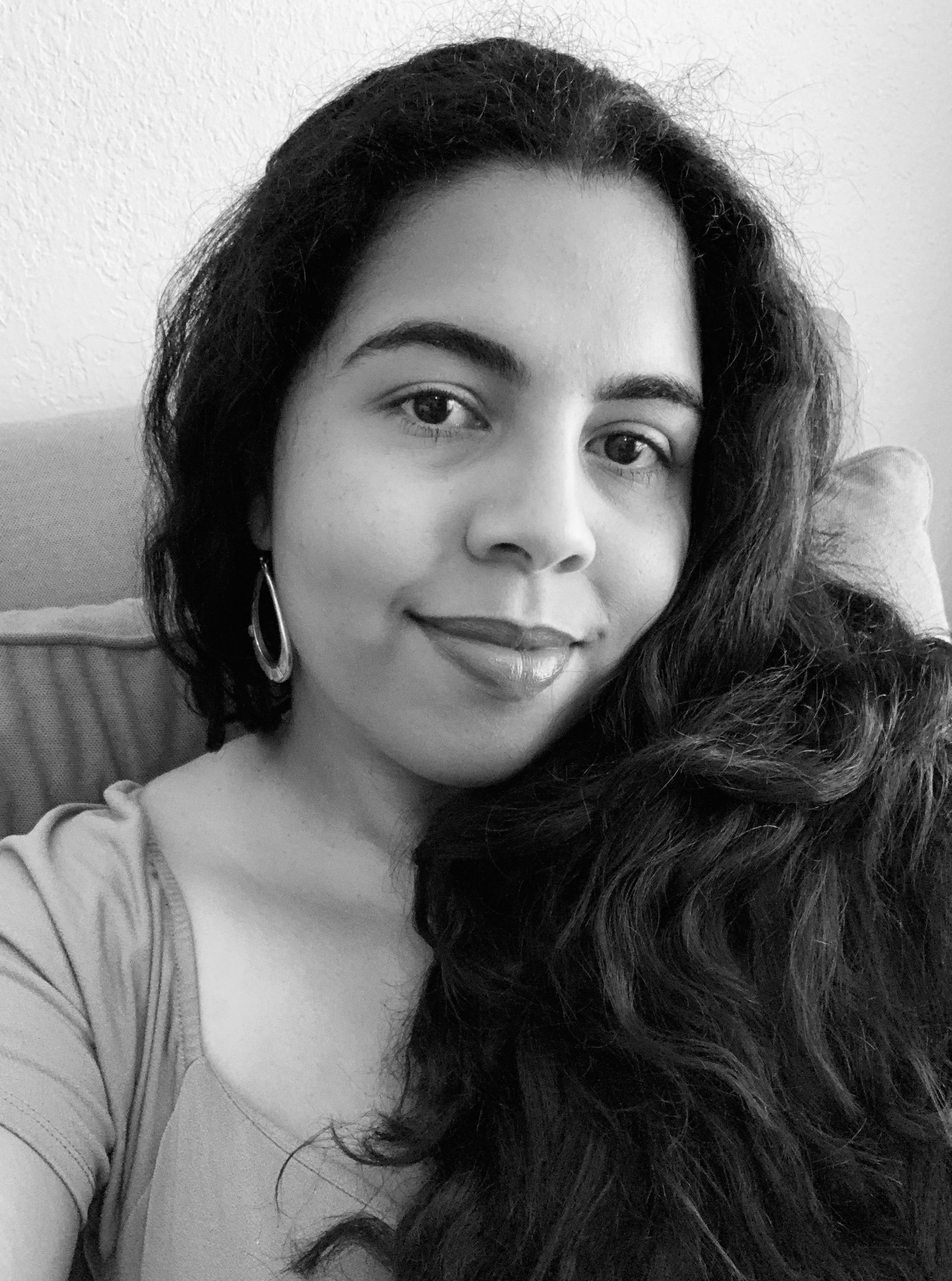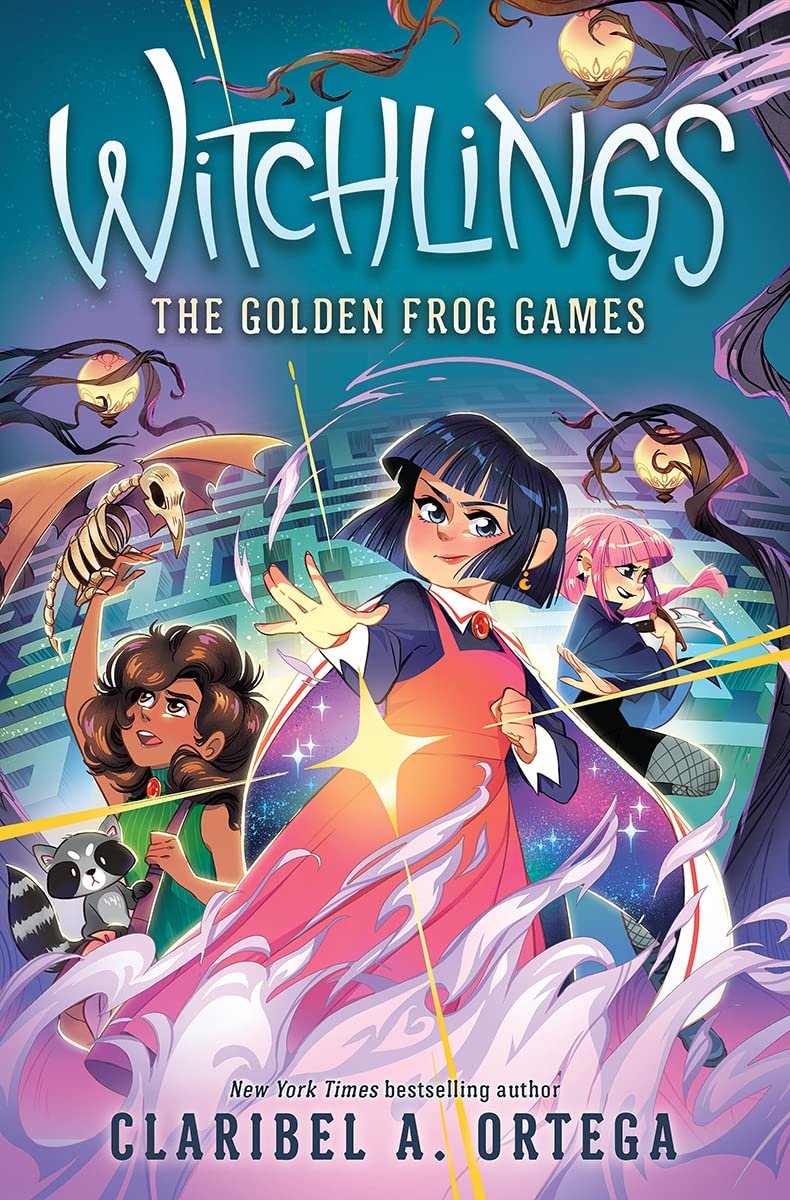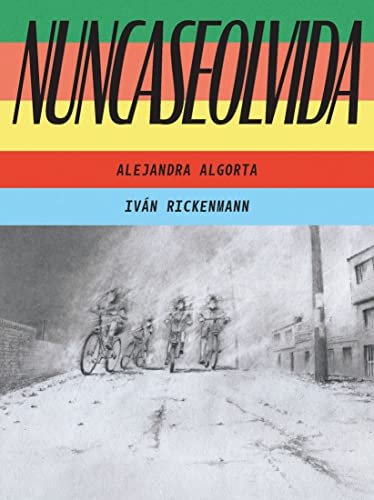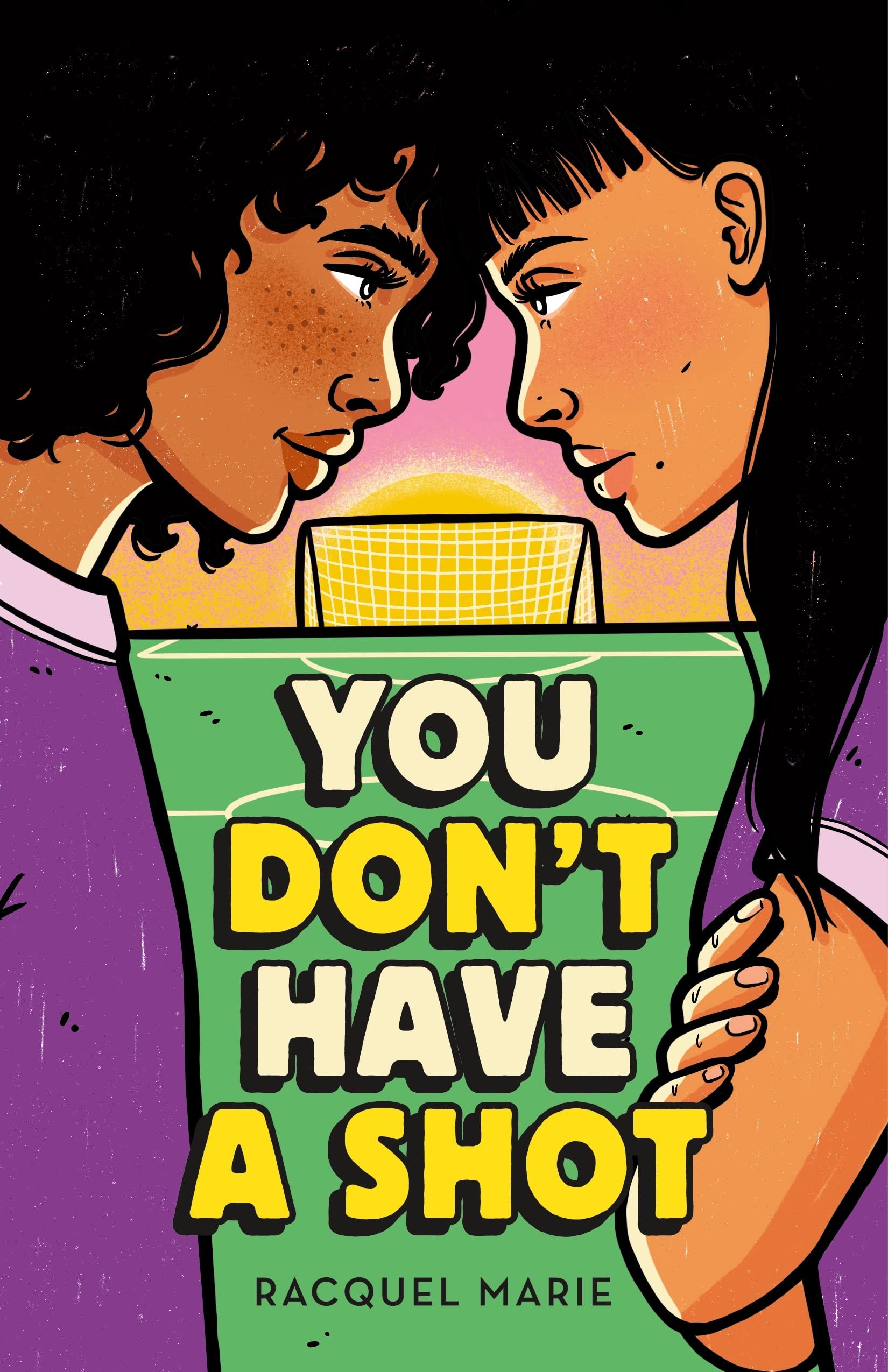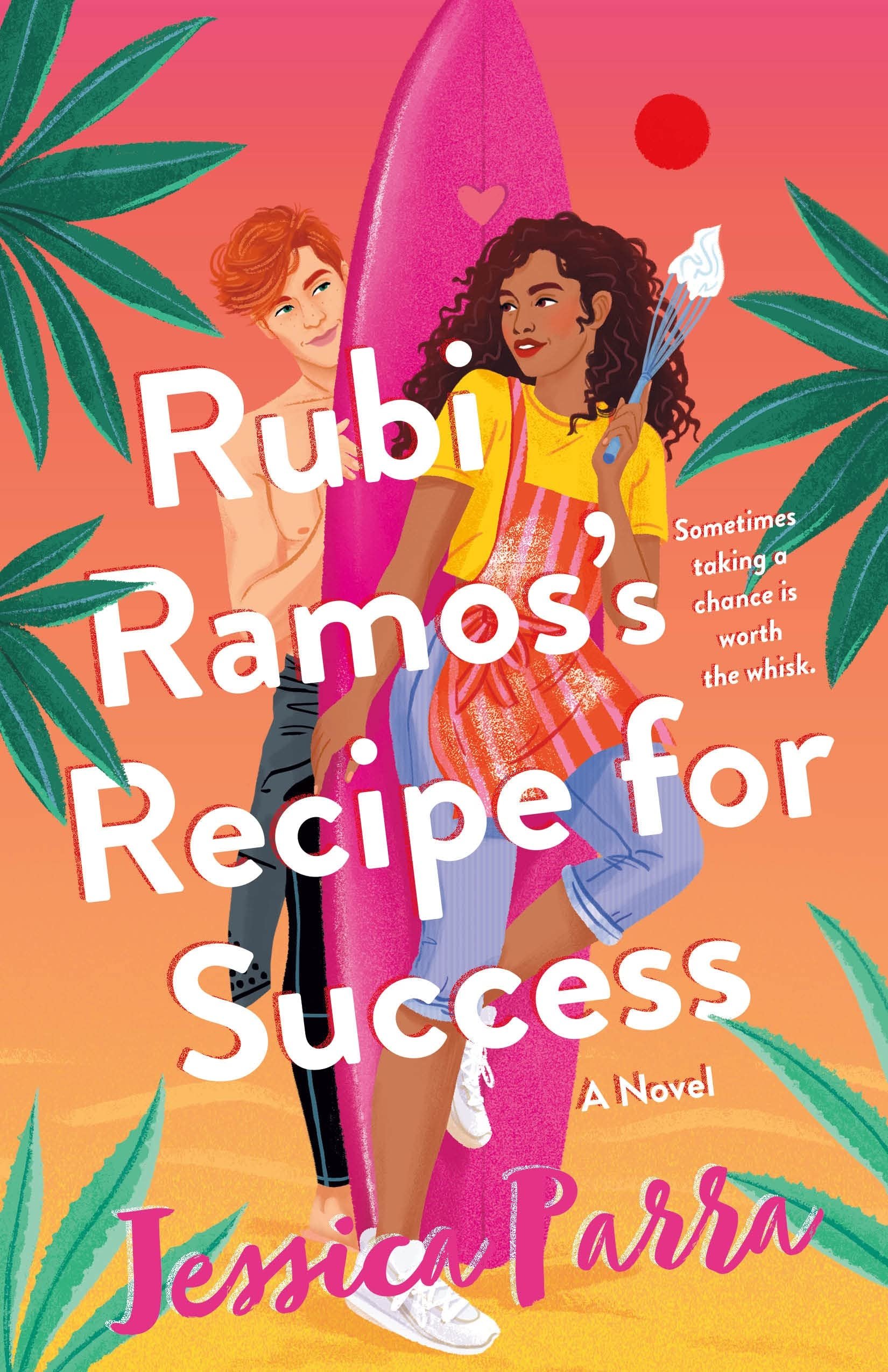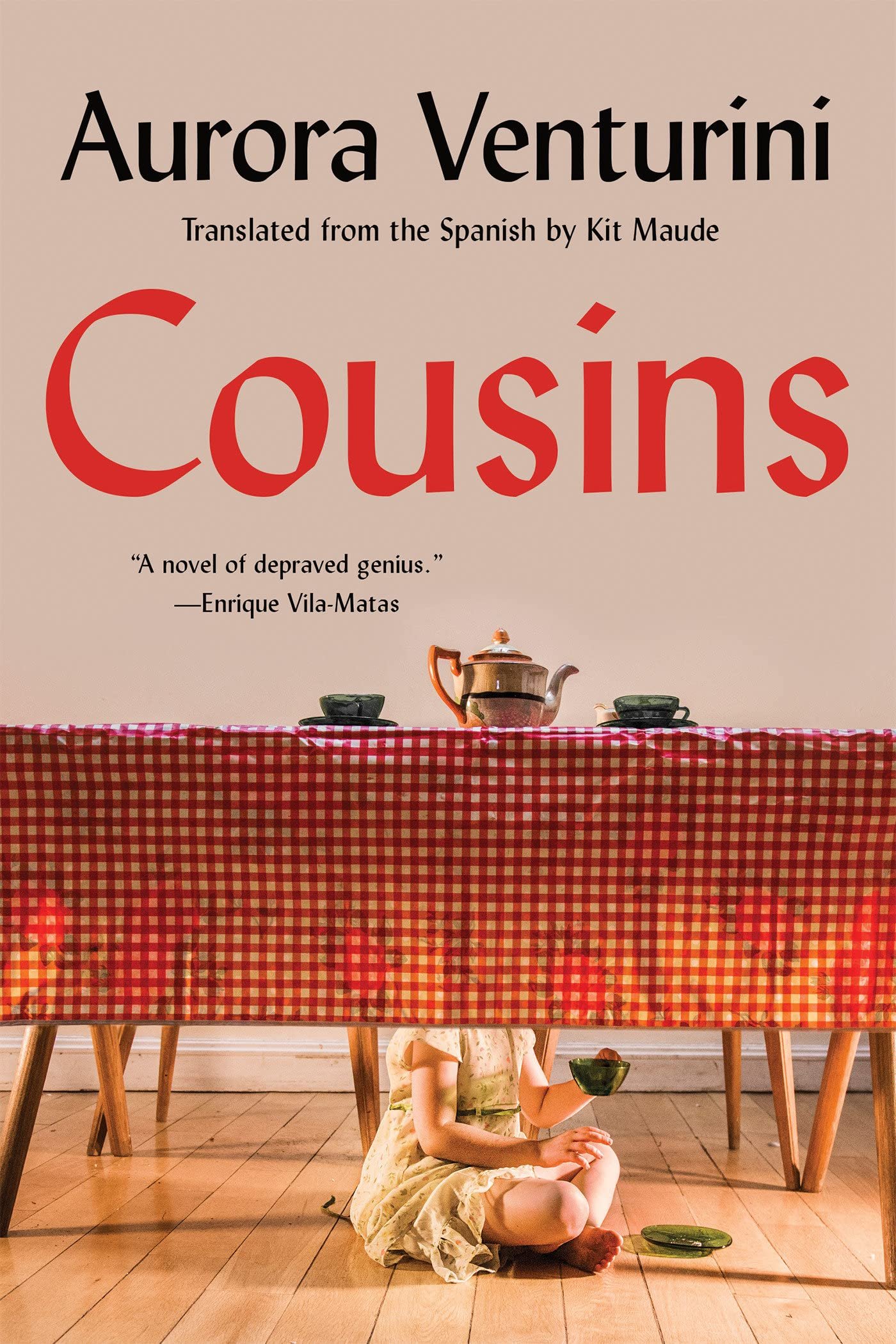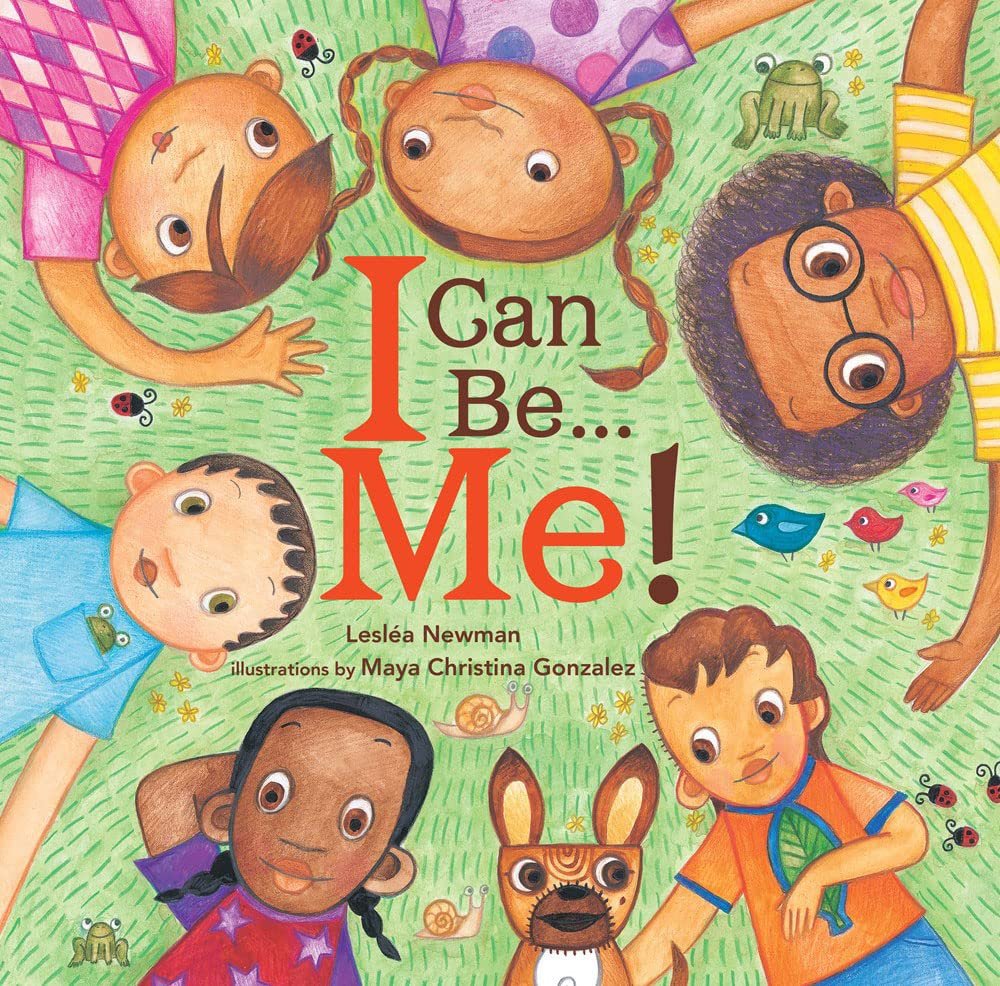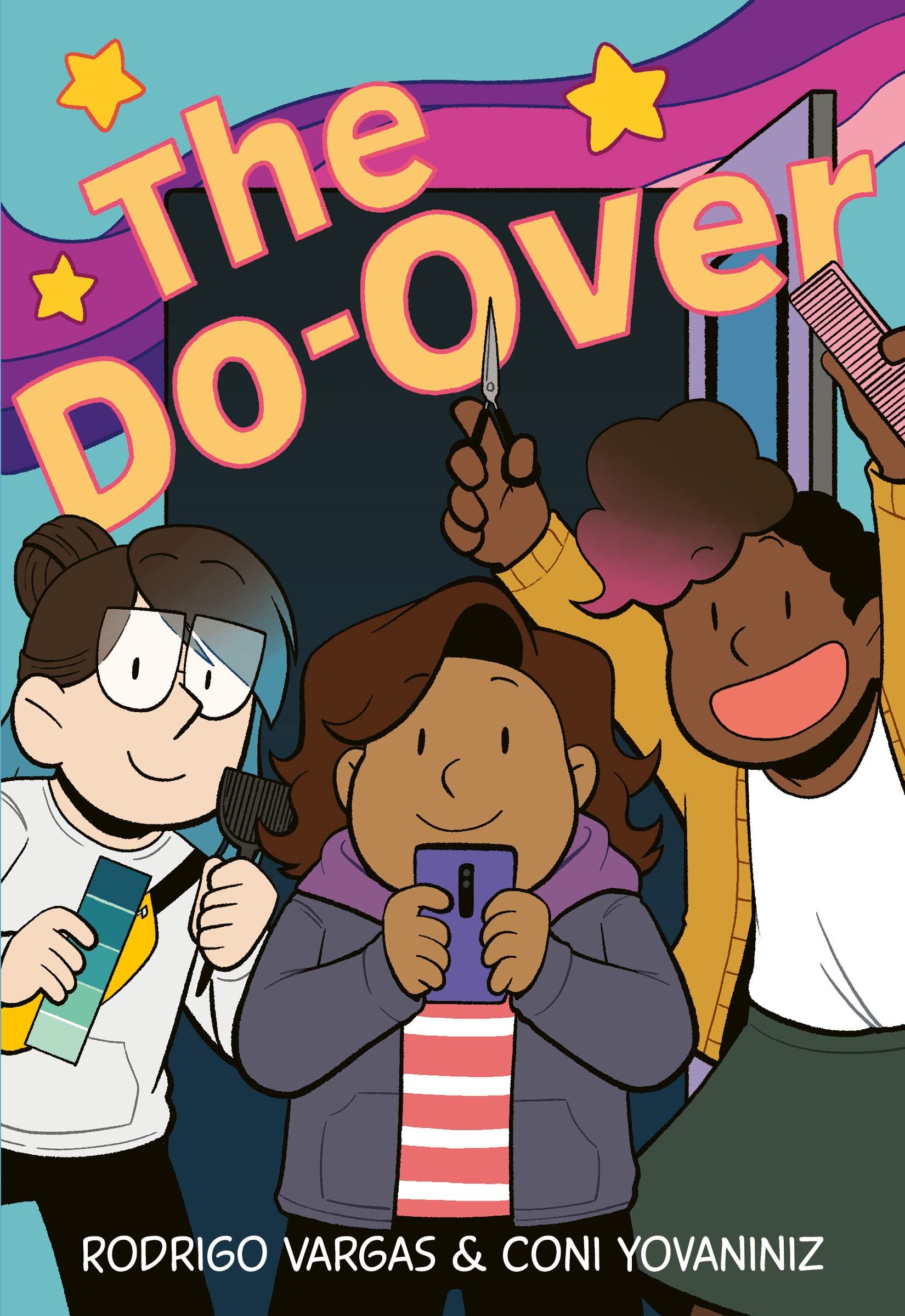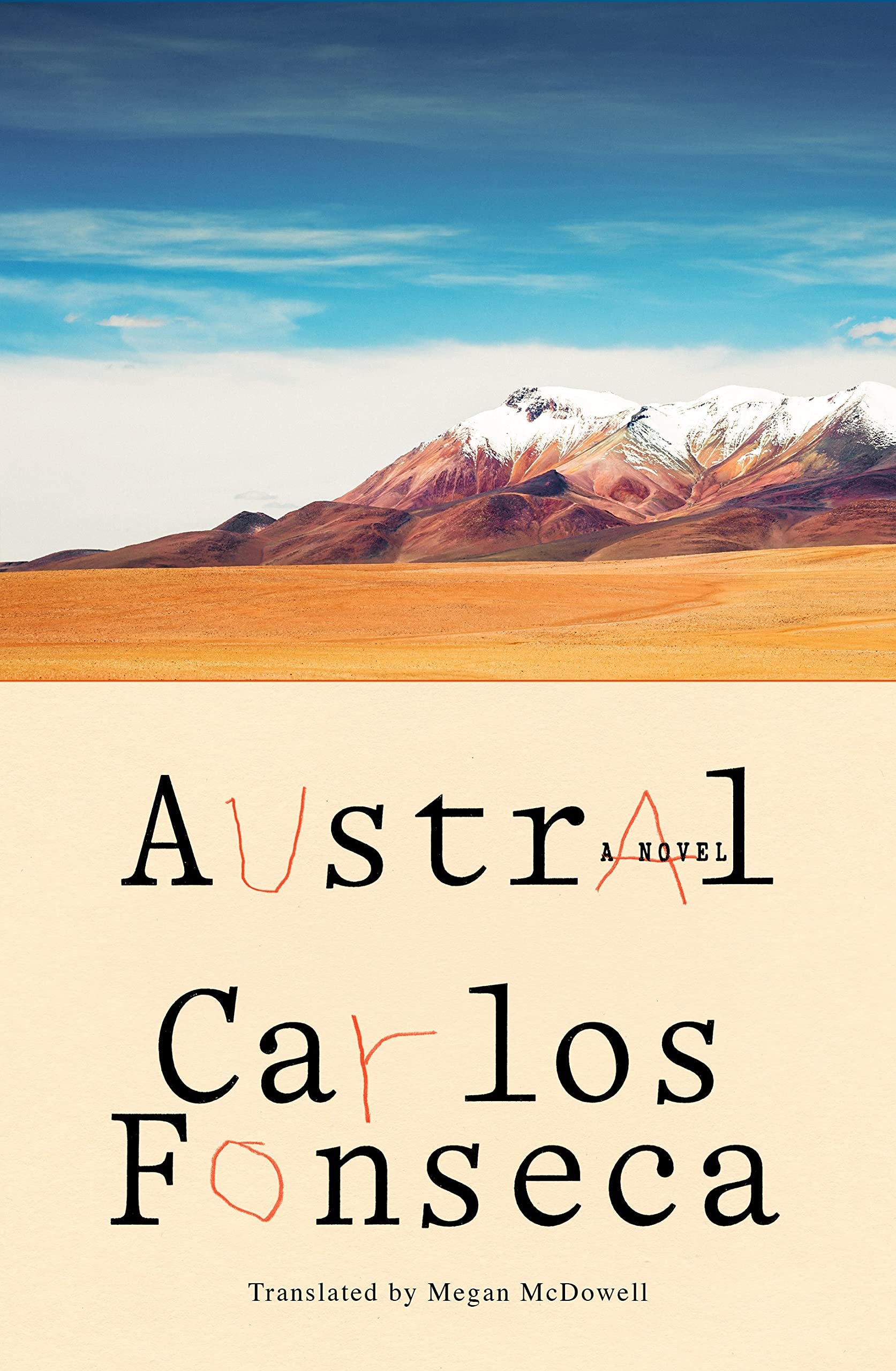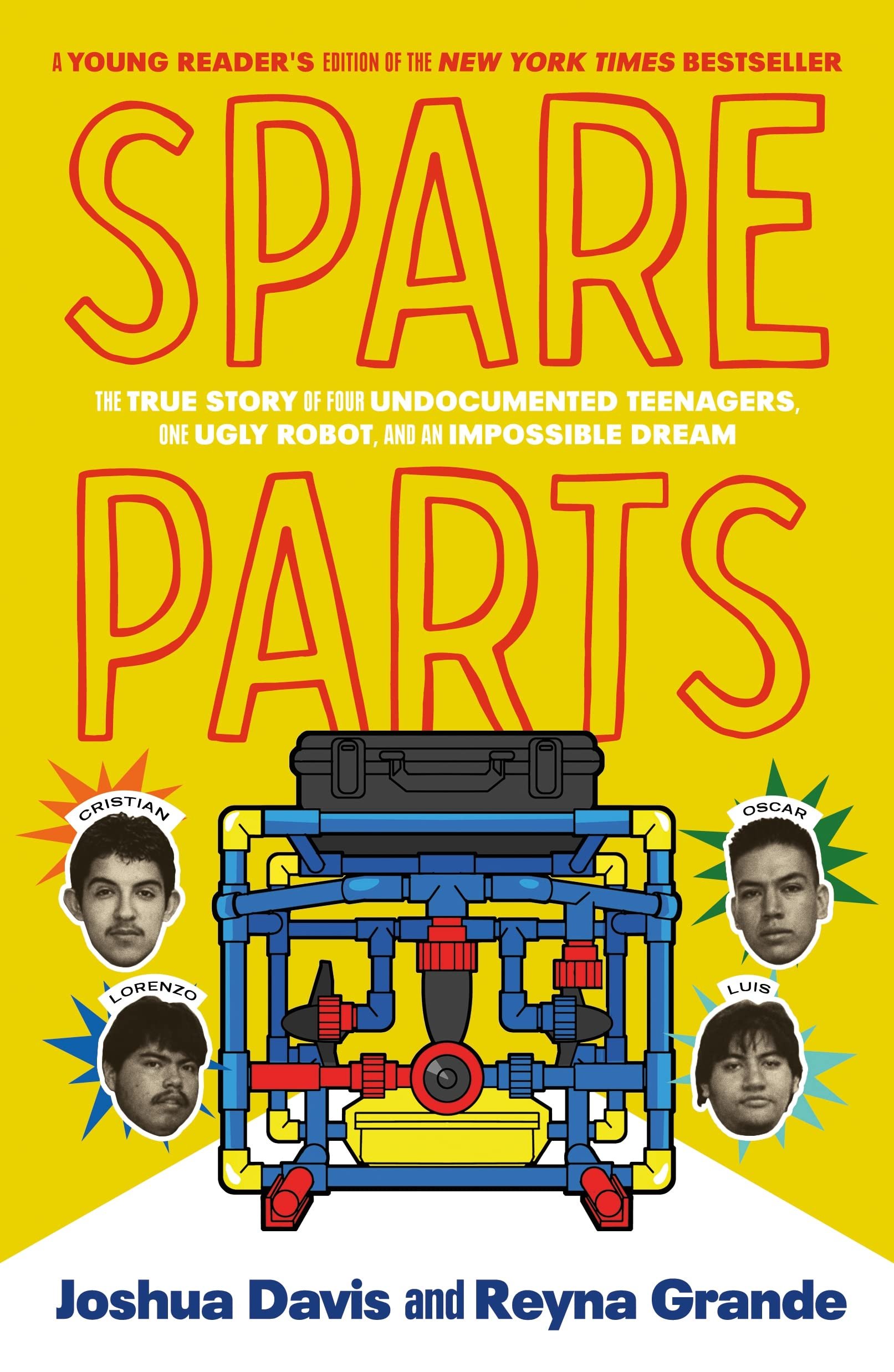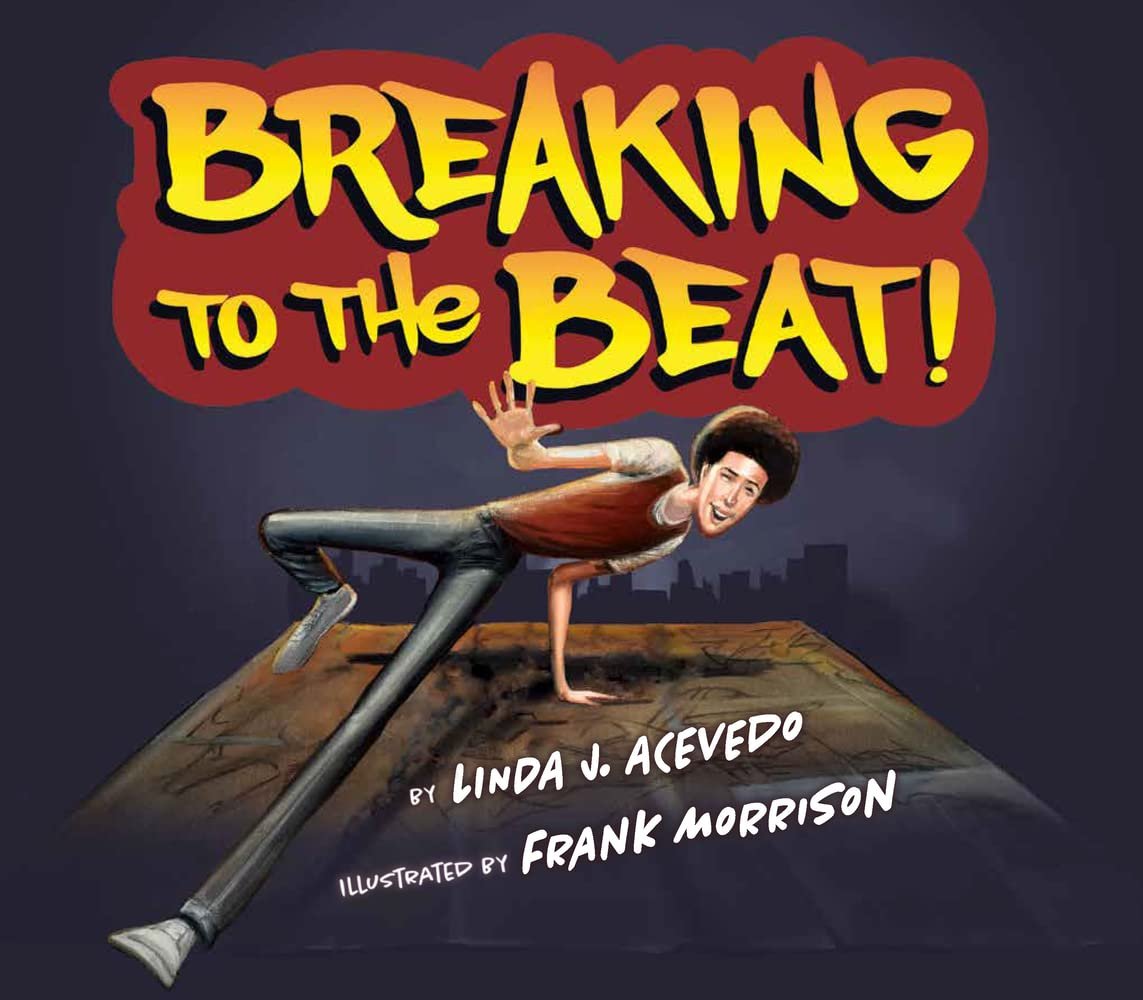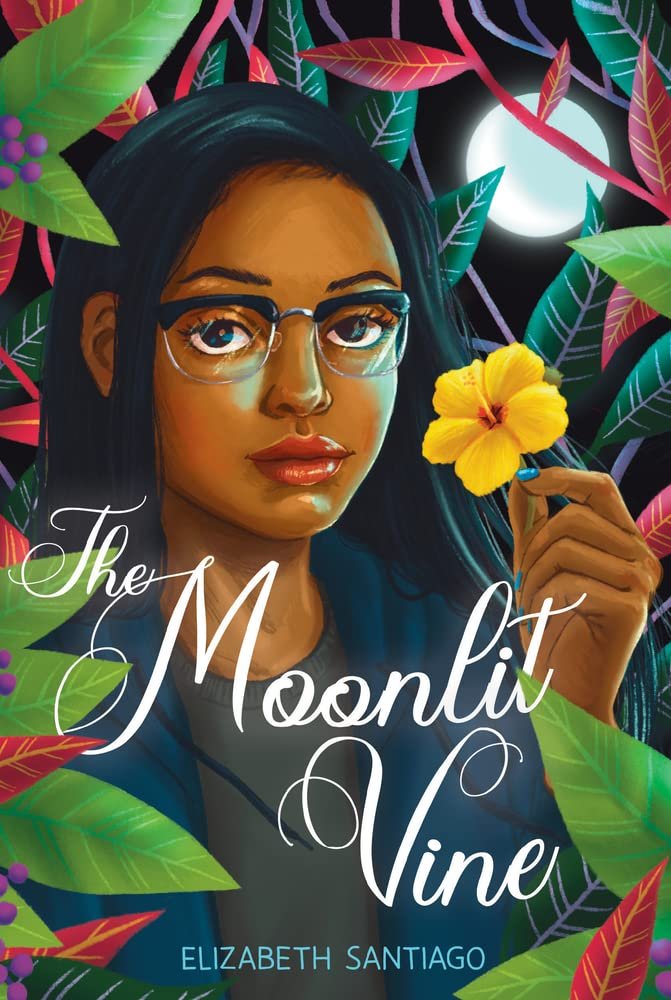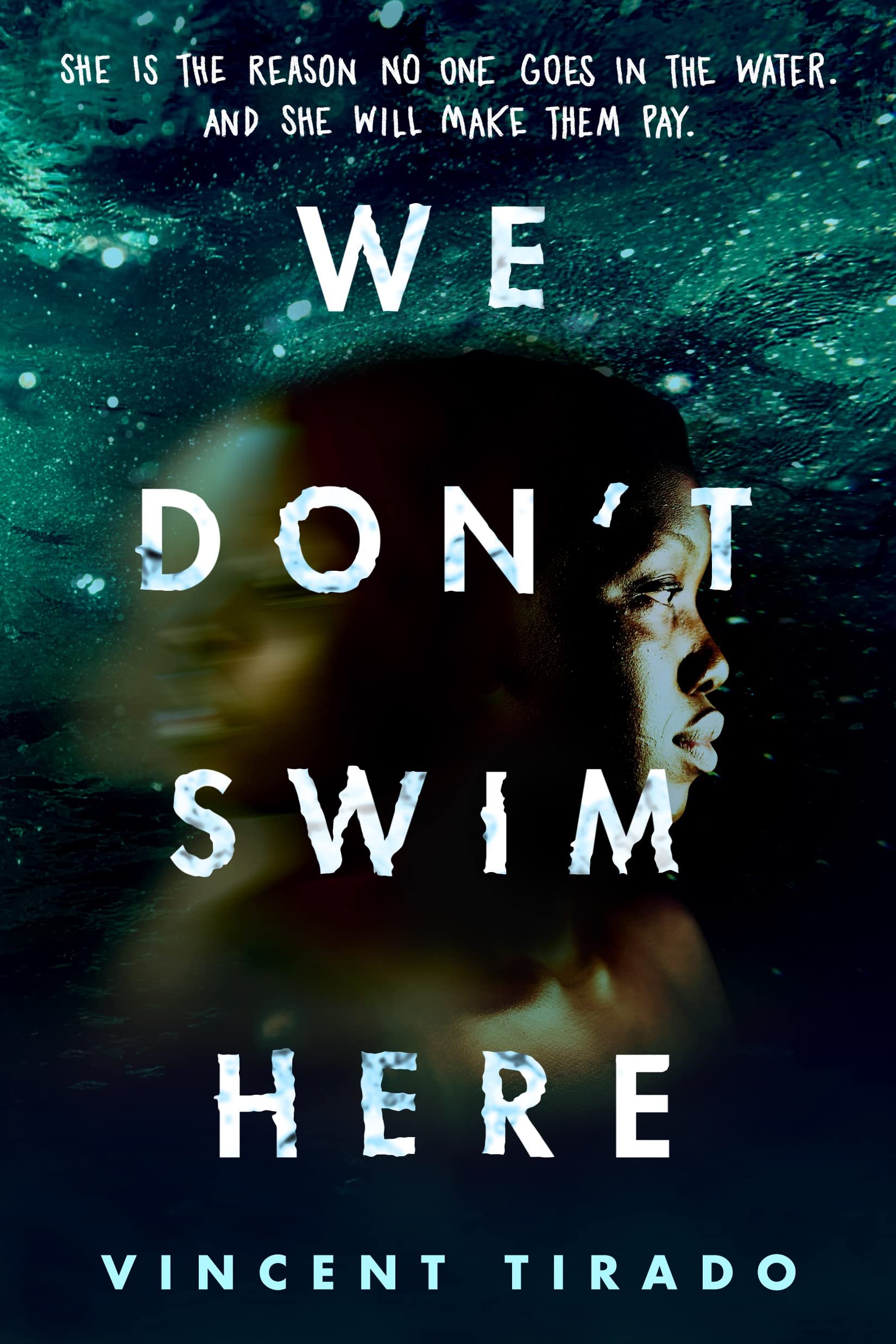In Turin, I met up with Mateo and David, the owners of Ensemble. I commented what a strange twist of fate as I was starting my own press with my friend David A. Romero. We had a great laugh about this. The festival itself was massive. It was such an honor to be there at the booth with the publisher and to see the size and scope of all the incredible writers that are housed by Ensemble. The translation branch of the press, Affluenti, has also published Dianne Suess. Meeting the Italian book-buying public all happened so fast. We sold quite a few books and we met the public head-on as literally thousands of people were at the event. There was a great deal of interest in the American political landscape. And I answered as best I could through Edoardo.
In Bologna, we took part in a festival of books put on by Seven Foxes, a bookstore that had a strong working relationship with Ensemble. The festival was held in a public park and my reading was followed with a Q & A. The audience was very curious about how I became so politically outspoken and what the dangers were in the U.S. of being as strident as I am. I answered to the best of my ability.
Venice was incredible, really truly one of the most surreal experiences for me. At this point in my life, I can say I have read at the University of Cambridge, at UNAM, at Casa De Las Americas, and now at an international poetry festival held in Venice, Italy. I have the great Anna Lombardo to thank for this. Anna has organized this festival for many years. Anna was a great friend and colleague to Jack Hirschman and working with Anna, for me, it really begins to cement my own legacy as a poet whose work is celebrated on an international level. At the festival, I ran into my old friend, the beat poet laureate of Hungary Gabor Gyukics, who translated and got my work published in three Hungarian literary journals; one of them right next to Sylvia Plath. What an honor that is. I also ran into my great friend Serena Piccoli, one of the best political poets I have ever met, and we talked about the doors that get closed when you speak out in an unapologetic fashion.
In Varese, I caught up with Gaetano and Maria Elena. While there I stayed in Maria Elena’s family home that was built in the 1300’s. That blew my mind. At the house there was a printing press, a work station and a painting studio. Maria Elena and Gaetano are maybe the most natural artists I have ever met. Also would you believe they got us incredible press for their event. In one paper I was compared to Amiri Baraka and Jack Hirschman. What an incredible honor to be compared to such legendary poets in print in another country.
Finally, I made my way to the last show in Colleferro. I was exhausted but it was a different kind of exhaustion. It was an exhaustion informed by a career and legacy-defining trip. It was a satisfied exhaustion. On the train it was announced there was a WWII unexploded bomb on the tracks and the train was delayed. We rushed onto the subway, and rushed from there to the bookstore. We were 15 minutes late to the reading and my head was pounding. The audience was mostly composed of radical teachers who asked the most insightful political questions of the entire trip. I did my best to answer the questions and that was that.
(RL): How did you feel seeing your poems translated into Italian for the first time?
MS: It was incredible to get a hold of the book for the first time. I really do feel as though my life is about to change in a big way. I feel as though all my work, over the years, is beginning to really pay off. I feel as though I am just getting started. To be honest, the biggest feeling I feel right now is relief. It is a confirmation of what those who believed in me have always said about me. I may not have the biggest fanbase but I do have an incredibly passionate one. I have felt pressure over the years to live up to what my biggest supporters have said about me. I have articles in print comparing me to Brecht and Dalton, and others comparing me to Ginsberg. That is a lot of pressure. It is a lot to live up to. I feel like this is a step in the right direction and more than anything, I feel relieved to finally be headed in the right direction.
(RL): Tell us more about the Turin International Book Fair and your experience participating in it.
MS: The Turin International Book Fair is the largest most important book fair in Italy. To have been an invited guest is the stuff dreams are made of. I really hope to do more things like this across the world. I have my eyes set on Guadalajara, Berlin, and Medellin.
(RL): What advice do you have for writers hoping to have their work translated?
MS: My advice to writers wanting to have their work translated, especially speaking to an audience based in the U.S., is first to reverse your thinking on what it means to write. Here in the U.S. we are constantly told that writing is about healing or therapy or something that edifies the author. Writing can be all those things. But if you want people to care about your work, write about things that matter to more people than just yourself. Write not as a matter of personal expression but as a public service. Do that often enough and you will gain international attention. Write about things that matter and write well. Seek international stages. Do those two things at the same time and it may just happen for you as well. Right now I have been translated into three languages and there is talk of a fourth and a fifth. This happened because of both my content and my skill. Work on both.




